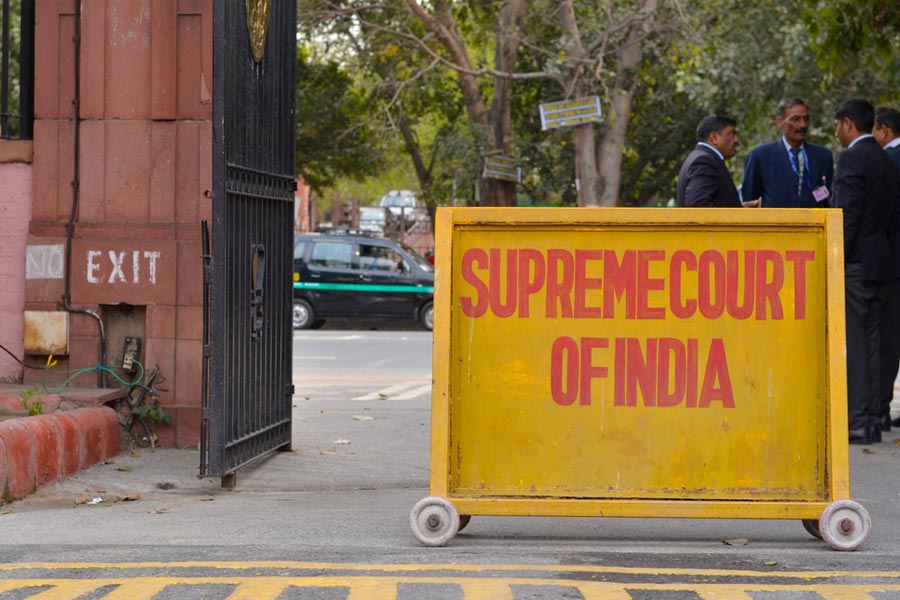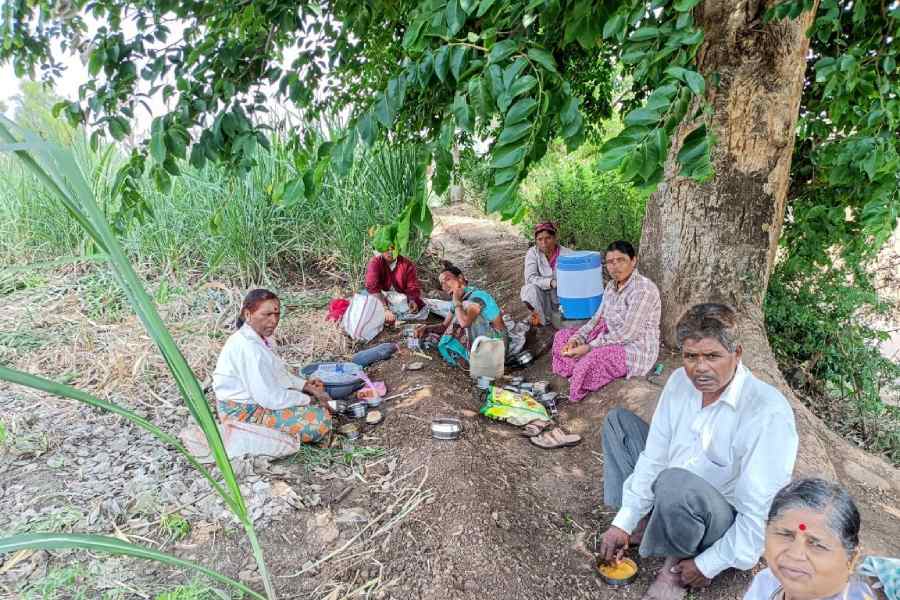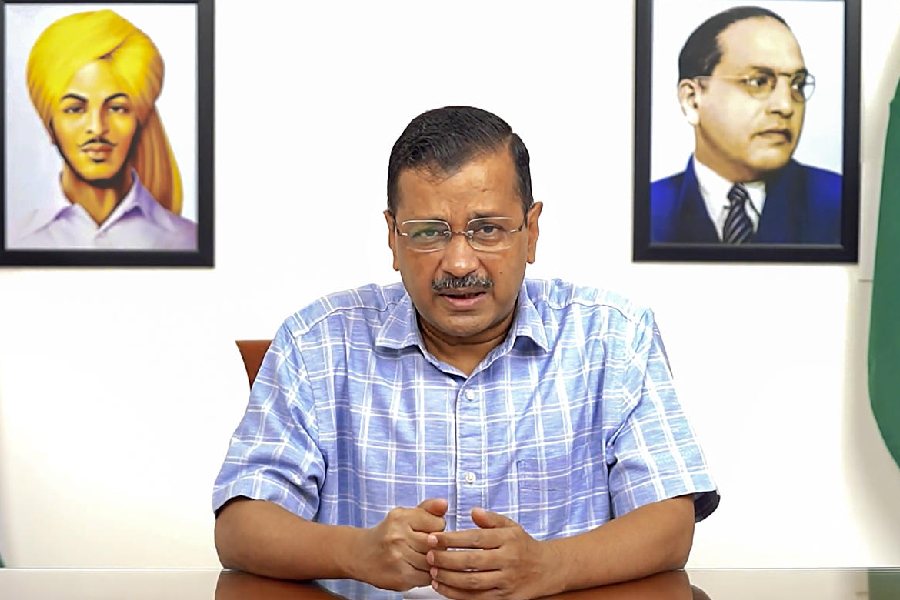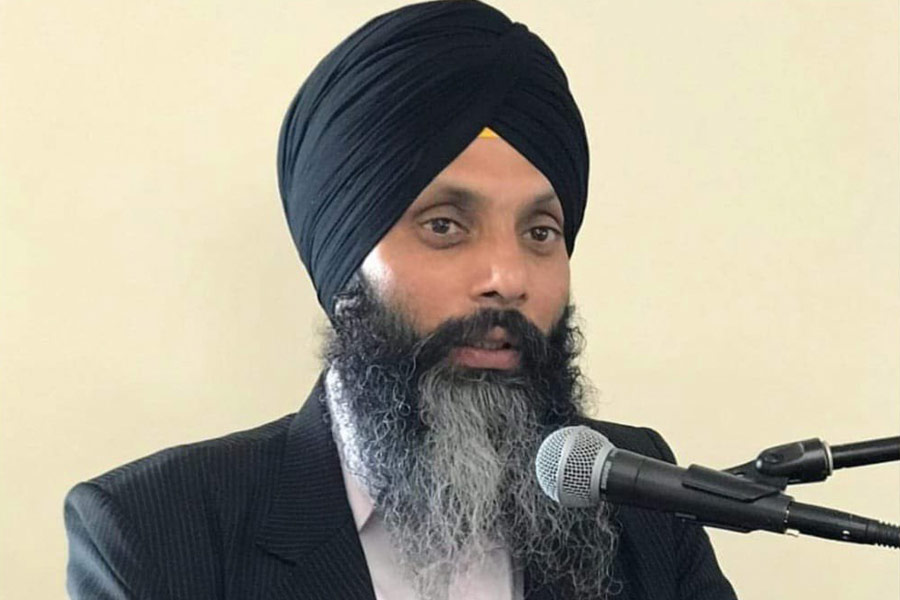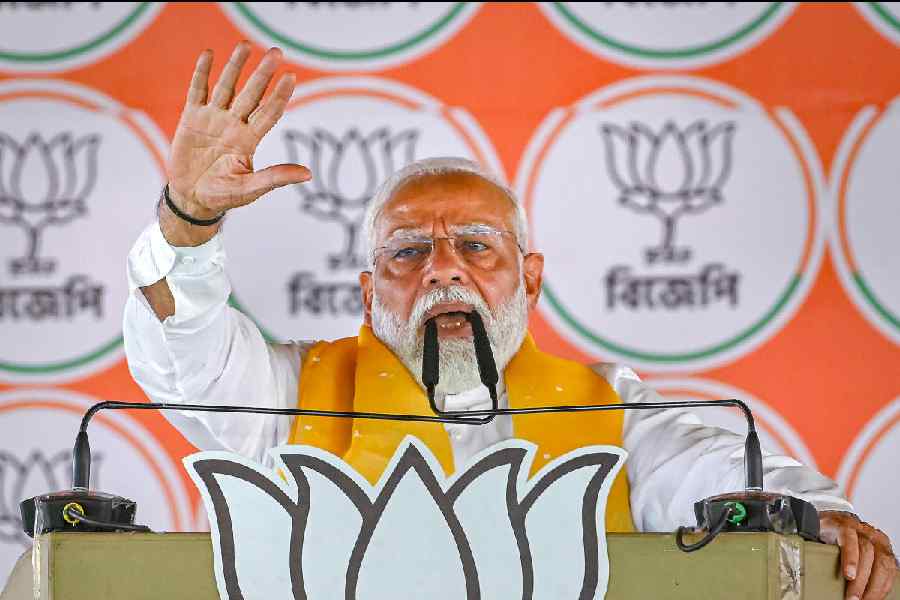Taking note of "exceptional" circumstances, the Supreme Court on Monday permitted a 14-year-old rape survivor to undergo medical termination of her almost 30-week pregnancy, saying the welfare of the minor was of “paramount importance”.
Exercising its powers under Article 142 of the Constitution which empowers it to pass any order necessary for doing complete justice in any case, a bench comprising Chief Justice D Y Chandrachud and Justice JB Pardiwala said, “Bearing in mind the exigencies of the situation and the welfare of the minor, which is of paramount importance and her safety...we set aside the judgement of the Bombay High Court.” At the outset, the bench, which took up the plea as the first item, observed, "We will allow the medical termination since she is 14-year-old and it is a rape case. This is an exceptional case." Setting aside the April 4 judgement of the Bombay High Court declining permission for termination of pregnancy, the top court directed the dean of the Lokmanya Tilak Municipal Medical College and General Hospital (LTMGH) at Sion in Mumbai to set up a team of doctors immediately for aborting the foetus.
While allowing the plea, the bench took note of the report submitted by LTMGH and said, "The medical board has clearly opined that the continuation of the pregnancy against the will of the minor would impact negatively on physical and mental well being of the minor who is barely 14 years old." Referring to the report, it said, "While a certain degree of risk is involved in every procedure for medical termination of pregnancy, the medical board opined that the threat to life of the patient if termination of pregnancy is carried out at this stage is not higher than the risk of delivery at full term of pregnancy." The bench said a detailed and reasoned judgment will follow as it was passing an interim order keeping the exigencies of the case in mind.
"The circumstances which weighed with us are that the MTP is sought for a minor who is 14 and the pregnancy has emanated from a sexual assault resulting in an FIR. The minor herself was unaware that she was pregnant till a very late stage. This is not an uncommon feature in such cases," it said.
It asked the hospital administration to make arrangements for transportation of the minor for the medical procedure while taking note of the submissions of Additional Solicitor General (ASG) Aishwarya Bhati that the Maharashtra government will bear the expenses.
The bench directed that post-procedure medical care, if any, be ensured.
It, however, did not order a DNA test or any other medical examination of the foetus for the purpose of the ongoing criminal investigation in the rape case. The bench said police can take recourse in this regard.
ASG Bhati, at the outset, urged that the MTP be permitted under Article 142 of the Constitution keeping in mind the medical report and situation where time is precious.
On April 19, the top court had taken up the matter on an urgent basis and sought a fresh medical report after taking note of the fact that the high court had relied upon the earlier report which did not deal with “the impact of the pregnancy on the life of the minor and on the physical, mental and emotional well being of the girl.” Earlier, the court had sought a report from Mumbai's Sion hospital about the girl's possible physical and psychological condition if she undergoes the procedure or if she is advised against it.
The apex court was hearing a petition filed by the girl's mother challenging the Bombay High Court order declining the prayer for termination of pregnancy.
Under the Medical Termination of Pregnancy (MTP) Act, the upper limit for aborting the foetus is 24 weeks for married women as well as those in special categories, including rape survivors and other vulnerable women, such as those differently-abled and minors.
Except for the headline, this story has not been edited by The Telegraph Online staff and has been published from a syndicated feed.

